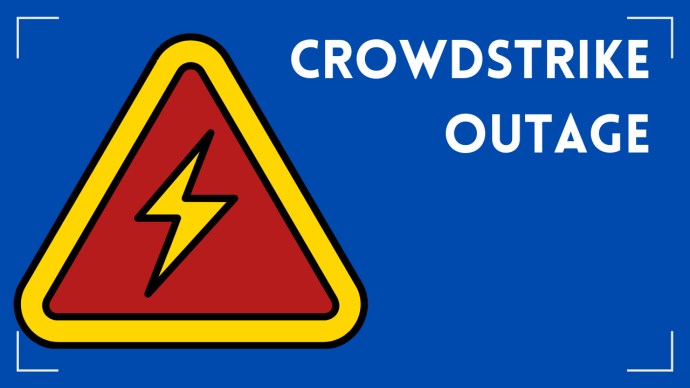If You Think Ransomware Doesn’t Hit Close To Home Often, Think Again
We hear about cybercrime on the news all the time, but it’s easy to fall into the mindset of “it won’t happen to us” or “it doesn’t happen to businesses near me.” You’ve probably thought these sentiments yourself. It goes a little something like this:
Do I REALLY need to invest a bunch of money into data backups?
My employees are using strong passwords to the best of my knowledge – that’s good enough!
We’ve gone this far without worrying about all of these cybersecurity tools, why buy them now?
Look, we get it. Cybersecurity is a HUGE obstacle for many organizations. But yet again, we’ve had a cyberattack hit close to home. Lion, an Australian beverage giant, has been hit by a major attack that’s disrupted its manufacturing processes. Lion employs roughly 7,000 people throughout Australia. In addition, it’s dairy and drinks business employs 2,300 workers. They’re the ones behind the following local brands:
- Dairy Farmers
- Pura
- XXXX Gold
They lost remote access as a result of the attack – meaning they’re experiencing an impact on the processing of customer orders. The company stated via a public relations firm:
“Lion has experienced a cyber incident and has taken the precaution of shutting down our IT systems, causing some disruption to our suppliers and customers. We are working with expert advisors to address the issue. We have alerted the authorities and are working hard to minimize disruption to customers and suppliers. We will provide further updates when we can, and we thank our customers and suppliers for their patience.”
How does this impact their operations?
Although they haven’t yet released too many details, they did state that their beer business has halted manufacturing due to the attack. They do, however, have enough stock brewed to continue supplying restaurants and pubs. They are also producing perishables at limited capacity due to the fact that their dairy and juice business is impacted.
How can you avoid this sort of situation?
In May, BlueScope, a steelmaker, suffered a cyberattack. Toll Group, a logistics giant, also suffered multiple cyberattacks recently. The bottom line? This isn’t a standalone incident. It’s a very common occurrence and it’s vital to ensure you have the right tools, policies, and procedures in place:
Implement endpoint protection on all devices
This is especially important if you’re working from home. All computers, laptops, and mobile devices should have endpoint protection, including anti-virus software, spam filtering, and a mobile device management application that wipes the device if it’s lost.
Use strong, complex passwords every single time
A strong, complex password made up of a minimum of 15 characters with a mix of numbers, letters, and symbols should be used for every account. If you need to invest in a password management software to do this, do so.
Enable multi-factor authentication when possible
Many online services offer multi-factor authentication as an option nowadays. This gives you an extra layer of protection as you have to enter your password, as well as an additional token such as a PIN code sent to your mobile device.
Teach your employees the signs of malicious activity
Security awareness training is an invaluable tool that allows your employees to participate in regular training sessions, tests, and more. They will learn how to spot the signs, such as emails containing a sense of urgency or spelling/grammar errors.
Our biggest recommendation? Don’t overlook the importance of cybersecurity and don’t get caught in the mindset that it won’t happen to you. It happens to businesses of all types and sizes.



